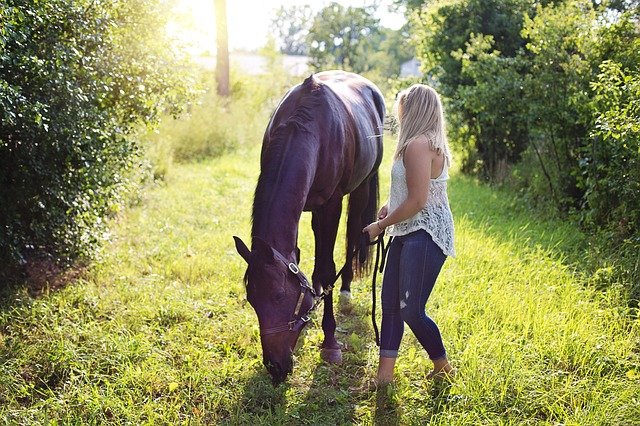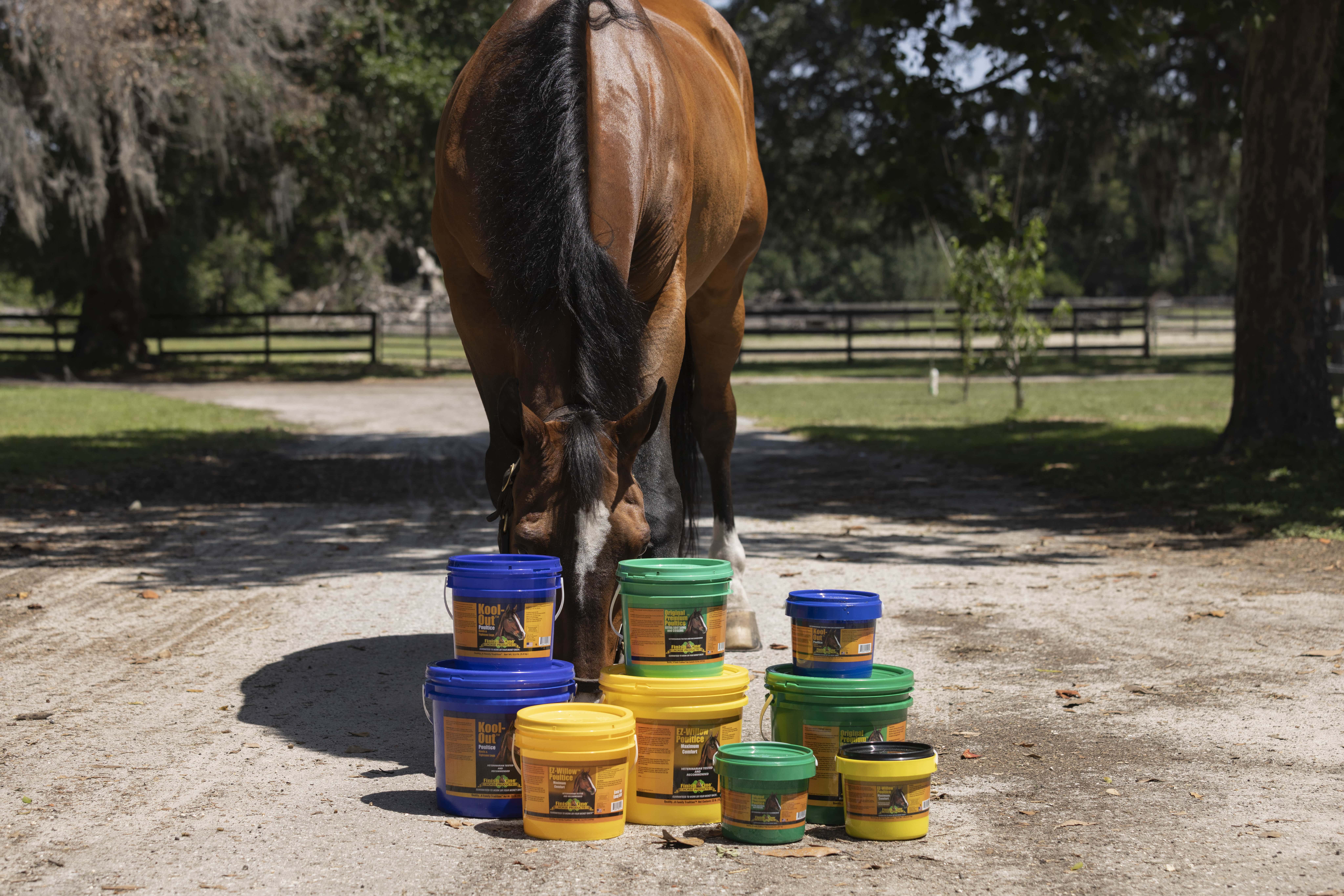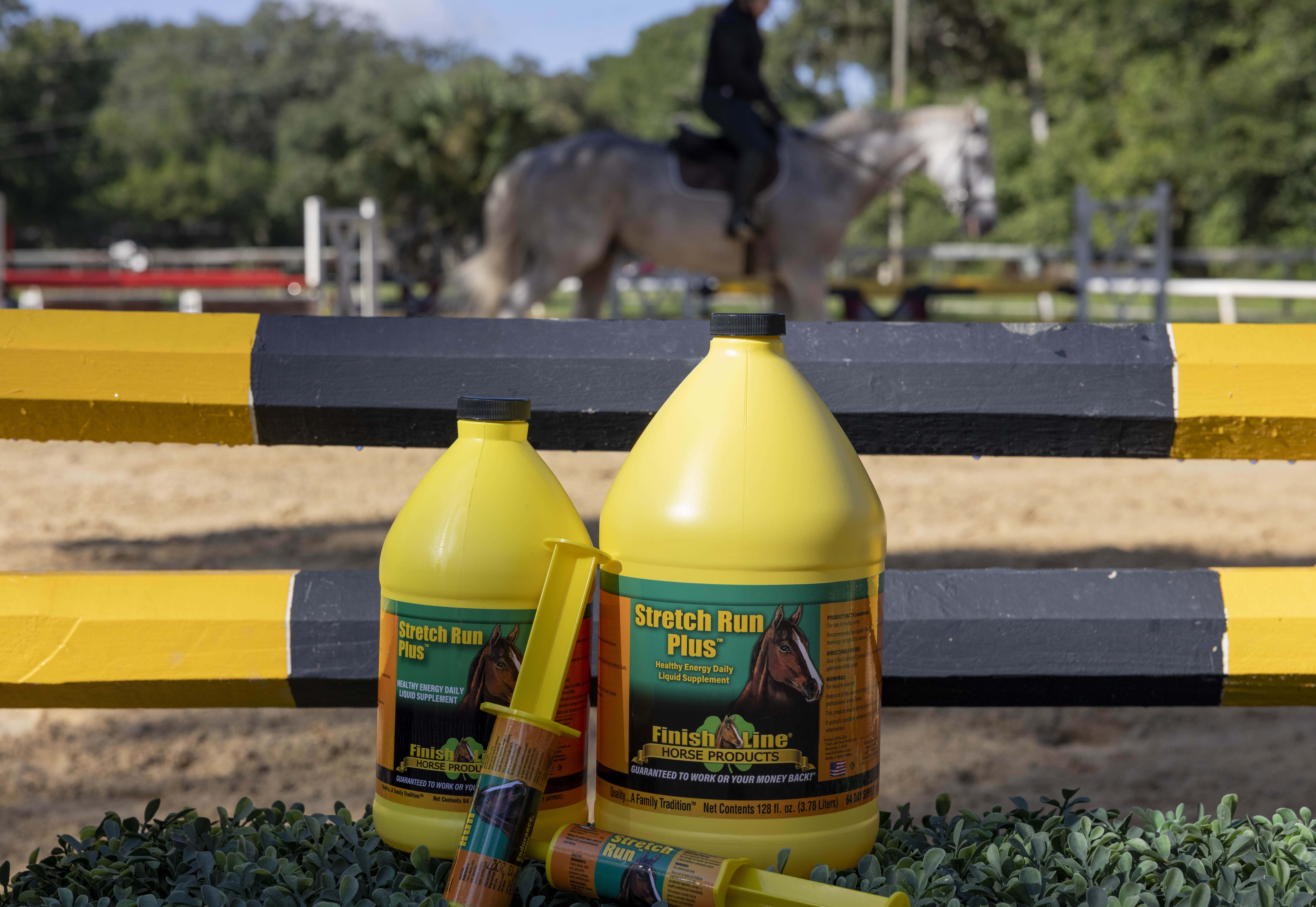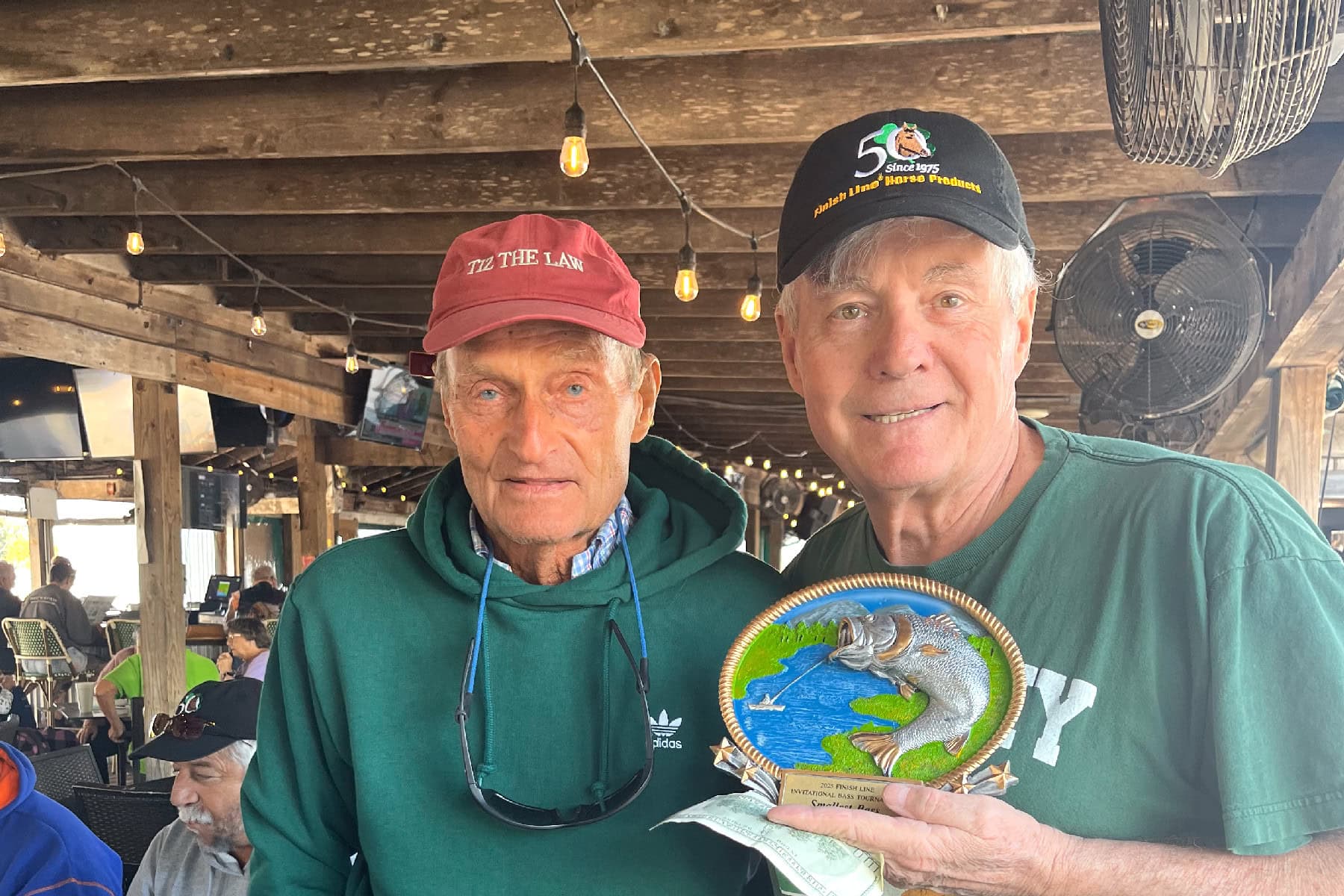Summer for humans means beach trips, barbecues and lots of sunlight. It also means proper hydration and sun protection. This is the same for horses – our equine friends need a little extra care to stay healthy. Here are a few tips to help your horse stay cool and fit during the summer:
“Only let your horses roam freely during the coolest times of the day.”
Let your horses turnout during cooler times
Many owners want to give their horse time to run about and frolic naturally. Turnout time is important, but it can be dangerous during the hot summer months. Only let your horses roam freely during the coolest times of the day, typically during the early morning and late evening. According to The Horse, the best time to let your horse have turnout is overnight.
Provide additional feed or horse supplements
Excessive heat degrades the quality of your pasture, which means grazing horses probably aren’t getting all of the nutrients they need. There are plenty of quality horse products that help your equine friend maintain his or her health. You might also need to give your horse a little extra feed or add equine electrolytes, which are lost through sweat, to his or her diet.
Offer clean, cool water
Your horse needs a lot of water, especially during the summer. According to the University of Minnesota, a horse in a cool environment drinks between 6 and ten gallons each day. A working horse or one in a hot environment will drink more, but don’t fret if your horse drinks less water than anticipated. Horses can get water from fresh grass, so he or she might increase their water intake through grazing. Check the quality of your pasture and the amount of water your horses consume to ensure they are properly hydrated.
The water should be between 45 and 64 degrees Fahrenheit, the university notes. Also, you’ll probably have to clean your water buckets more frequently to prevent algae and bacteria from collecting.
“Young foals, elderly horses, and those who are obese or out of shape are more prone to heat stress.”
Reduce work and exercise
Exerting too much energy during the summer can easily cause your horse to overheat. Young foals, elderly horses, and those who are obese or out of shape are more prone to heat stress. If you have to work your horse during hot weather, give him frequent breaks to cool down and return to a normal breathing rate.
Use fans and water to keep your horse from overheating
If you’re cooling your horse with a hose, start at his hoofs and slowly move up to prevent shock. Otherwise, you can continuously mist your horse throughout the day. Large fans to keep the air circulating will also help your horse stay cool.
Keep an eye on his or her hooves
Constantly switching from wet, dew-soaked grass to warm, dry interiors makes a horse’s hooves swell and soften then dry and contract, Practical Horseman notes. If this occurs on a day-to-day basis, the holes in the hoof wall expand and the horseshoe loosens up. You can use products to toughen your horse’s hooves and reduce the water they absorb or reduce turnout time.
“Long, thick coats make it harder for your horse to cool off.”
Trim your horse’s coat
Long, thick coats trap heat and make it harder for your horse to cool off. Still, you don’t want to cut too much and expose the horse’s skin. A proper trim is especially important for horses with Cushing’s disease.
Watch out for sunburn
Both humans and horses should limit their sun exposure to avoid the harmful effects of UVA and UVB rays. Horses with white areas, pink noses or hairless patches are particularly vulnerable, but a bit of sunscreen can help.
Make sure all vaccinations are up to date
Since bugs are common during the summer and early fall, horses are at an increased risk of contracting mosquito-borne diseases. One such illness, Eastern equine encephalitis, is rare in humans but kills 33 percent of people who contract it, according to the Centers for Disease Control and Prevention. Those with the disease suffer from sudden vomiting, fever, chills or headaches. These symptoms progress to seizures, disorientation or comas and often result in brain damage. In horses, EEE presents as a fever, muscle twitches or a weak bearing and results in death 90 percent of the time, notes the Louisiana State University Agricultural Center.
The last thing you want during the summer is to see your horse suffering from heatstroke. These tips will help your friend stay happy and healthy during the summer.








